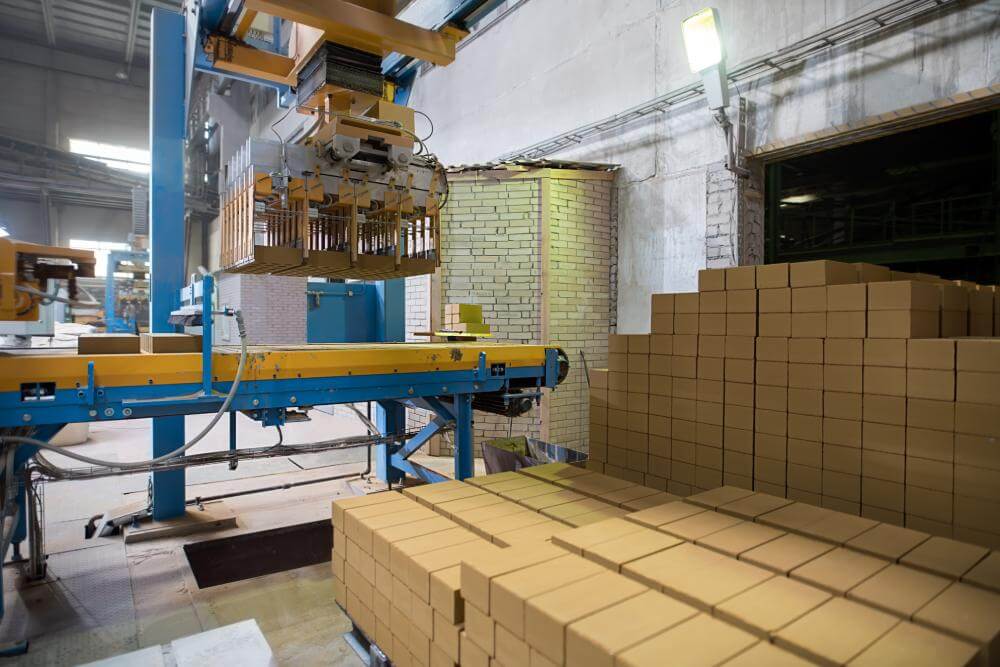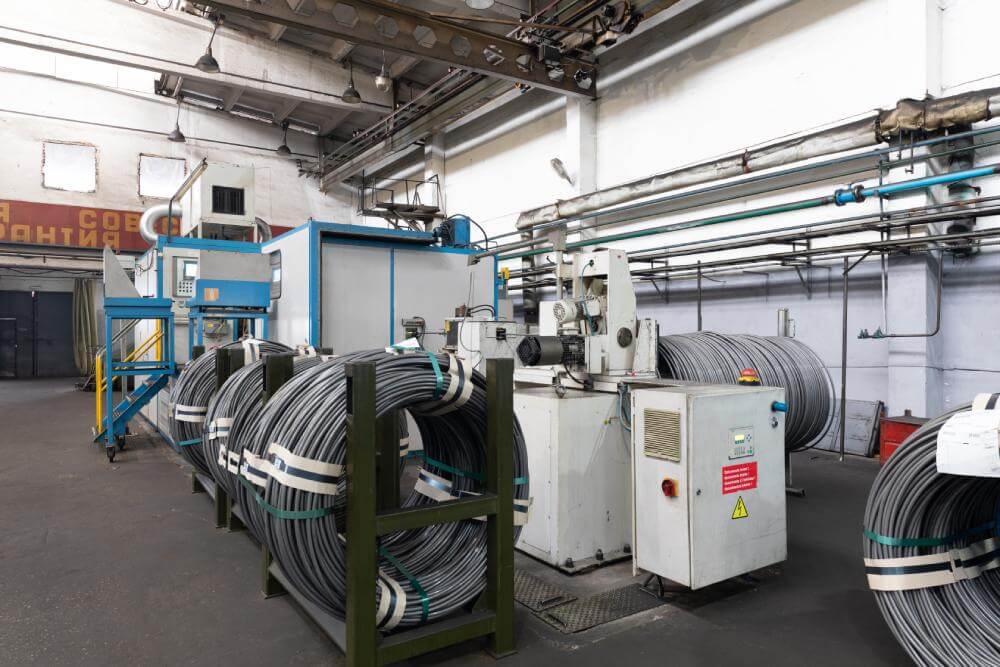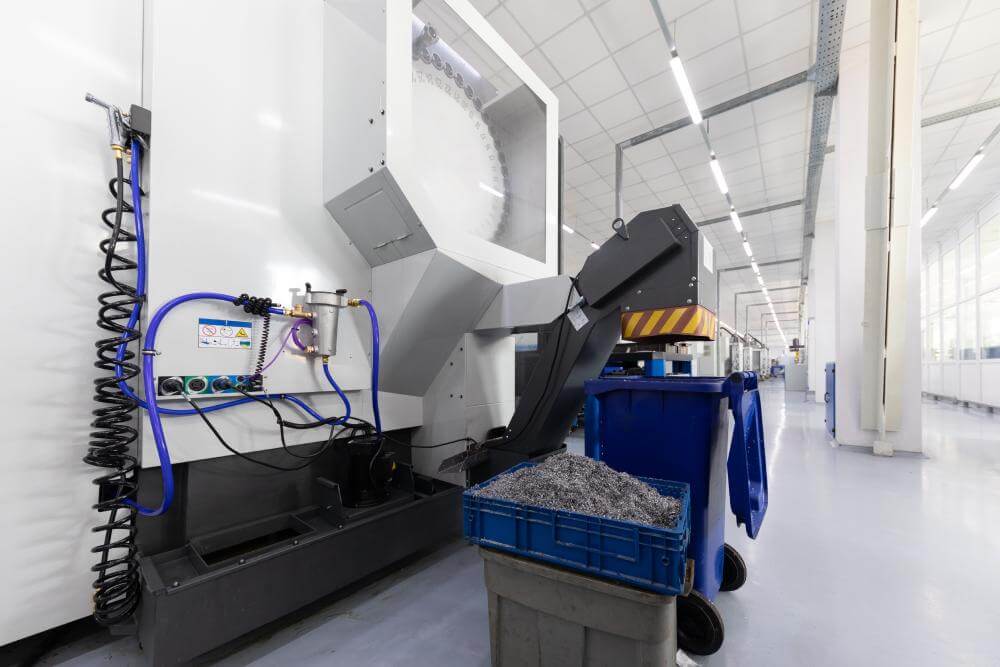Evelina Speri, a Lean Consultant with a wealth of experience across IT, aviation, and manufacturing sectors, emphasized the primary goal of Lean: increasing the value of a product or service for which customers are willing to pay. She highlighted several key benefits of implementing Lean methods and practices:
- Accelerated and Optimized Processes: Streamlining operations to enhance speed and efficiency.
- Reduced Costs: Cutting unnecessary expenses to improve profitability.
- Improved Quality: Ensuring high standards and consistent output.
- Increased Efficiency: Maximizing resource utilization.
- Satisfied Customers: Delivering superior value that meets customer needs and expectations.
She also shared her expertise on essential Lean practices:
- Problem-Focused Approach: Look for issues within processes rather than blaming individuals.
- Preventive Focus: Prioritize prevention over correction to mitigate issues before they occur.
- Avoid Excessive Quality Control Mechanisms: Implement streamlined controls to maintain efficiency.
- Refrain from Excessive Machinery: Avoid unnecessary investments in additional machinery for production security.
George Uzunov, Maintenance Director at Alcomet discussed the importance of continuous monitoring and analysis in maintenance. Monitor the mean time between failures and the mean time to repair monthly to identify overburdened staff and areas with lower efficiency. He noted, “Calculating these metrics every month can reveal where personnel are overburdened and where efficiency is lower.”
Boyan Boev, Maintenance Manager at ABB, underscored the critical role of historical data in maintenance. “It's crucial to maintain digital records of machine history and past breakdowns,” Boyan said. “This information helps us prepare for future incidents and identify areas for improvement.”








